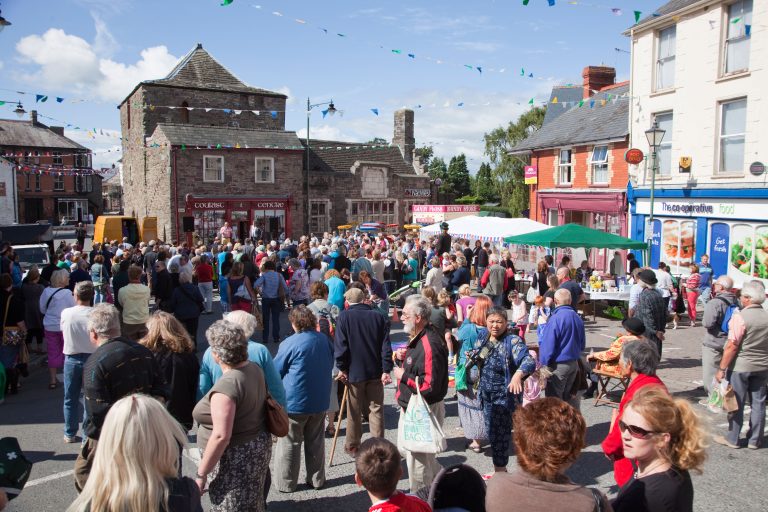A new report by The Future Governance Forum (FGF) and Local Trust, ‘Mission Critical 04: Building a new relationship between people and the state’, proposes a framework for delivering a new relationship between people and the state to enable the delivery of the national missions, rooted in power, outcomes and participation. To implement our new framework, we recommend the government builds on its new £5bn ‘Pride in Place’ programme and other neighbourhood policies by:
- Enhancing the powers and duties of Local Growth Plans to ensure economic growth is felt in the UK’s 1315 doubly disadvantaged neighbourhoods
- Making it easier to establish Parish Councils
- Establishing a network of partners to support the UK’s 1315 doubly disadvantaged neighbourhoods to build their own social infrastructure
- Offering unrestricted small grants for resident-led change in the UK’s 1315 doubly disadvantaged neighbourhoods
- Make participatory processes a requirement of all funds being invested in social infrastructure, such as the 25 Trailblazer neighbourhoods.
The FGF and Local Trust’s recommendations aim to reverse the declining trust in government.
Grace Wyld, FGF’s Head of Policy and Research, said, “Today we’ve set out new recommendations for how the government should build on its £5bn ‘Pride in Place’ programme and devolve more money and more power to residents in all parts of the country. Rooted in a belief that power, participation and outcomes cannot be thought about as separate from one another, our proposals would give people more power over the neighbourhoods they live in and ensure progress is felt in places with the highest deprivation levels and weakest social infrastructure.”
Maddie Jennings, Local Trust’s Head of Policy and Communications said, “It’s time for a rethink of the relationship between people and the state. The neighbourhoods where people live and where they see and experience “the state” must be at the heart and soul of any plans to improve that fracturing relationship, especially doubly disadvantaged neighbourhoods which have borne the brunt of decisions made by repeated governments to disempower their residents. People will participate in efforts for national renewal if they have the power to make changes to the places they live and their communities. The Government’s commitment to invest £2 billion in social infrastructure can only be the start of the reset. We’ve laid out a pathway for Labour to close the gap between Whitehall and doubly disadvantaged neighbourhoods. Doing so will reap economic and social benefits for a generation.”
Just over 2 million (2,107,127) residents live in doubly disadvantaged neighbourhoods, 3.7% of England’s total population.




